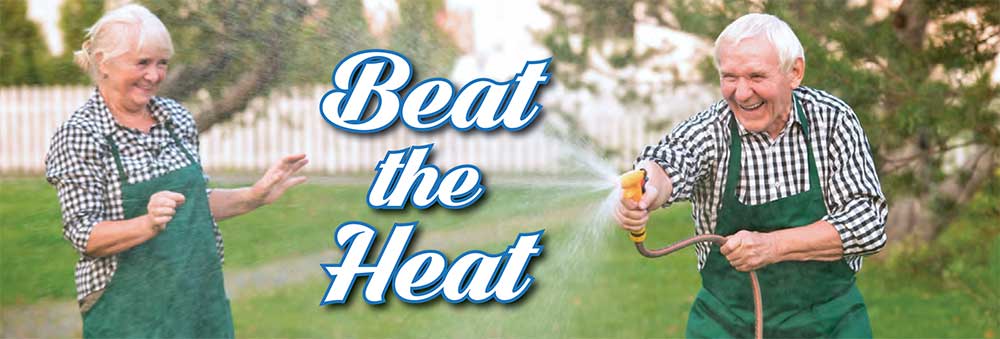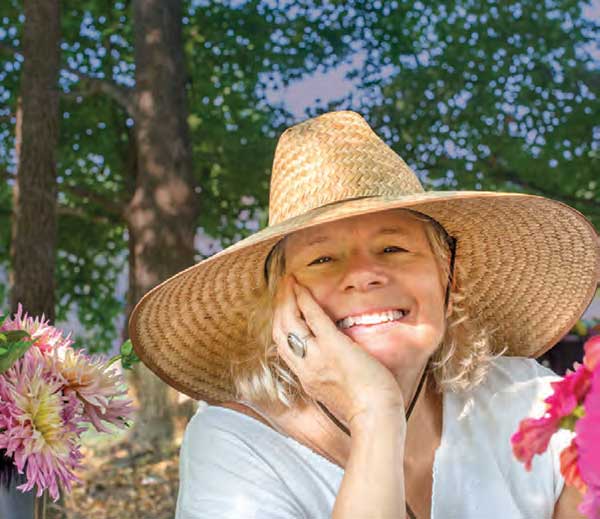
Did you know that each year more people die from excessive heat waves than from hurricanes, lightning, tornadoes, floods, and earthquakes combined? Summer weather can be erratic, especially during the spring and summer months. Even with a degree of unpredictability, it`s almost certain that we will see high temperatures climb into the upper 80s, 90s and even 100 degrees. Older adults are at high risk from excessive heat. As we age, the body’s cooling mechanisms may become impaired. Living alone or being confined to a bed and unable to care for one’s self further increases risk to heat related illness. Existing health conditions such as chronic illness, mental impairment, and obesity can also heighten an individual’s vulnerability. In addition, individuals taking certain medications are also susceptible to heat related illness.

You can follow these prevention tips to protect yourself from heat-related stress:
- Drink plenty of fluids but avoid alcohol, caffeine and sugary drinks
- Rest
- Take a cool shower, bath, or sponge bath
- If possible, remain indoors in the heat of the day
- If you don’t have air conditioning in your home, open windows and shades on the shady side and close them on the sunny side to try to cool it down
- Avoid strenuous activity during the hottest part of the day (between 11 a.m. and 4 p.m.)
- Wear loose, lightweight, light-colored clothing
- Wear sunscreen and a ventilated hat (e.g., straw or mesh) when in the sun, even if it is cloudy
- Never leave children, pets or those with special needs in a parked car, even briefly. Temperatures in the car can become dangerous within a few minutes
- Check on your neighbors, family and friends, especially those who have special needs
How can therapy help prevent heat related stress during the warmer months?
By seeking professional advice to analyze your unique situation, the rehabilitation team can offer assistance and guidance to increase your safety during summer. Your rehabilitation team can offer assistance in creating a plan for summer safety that includes:
- Identifying lifestyle changes that can facilitate staying physically and mentally healthy during the summer months.
- Facilitating ease of movement throughout the home and outdoor spaces.
- Recommending home modifications to keep you safe during the warmer months.
For additional information, please contact your Select Rehabilitation Physical, Occupational and Speech therapists.
Join us for “Fun in the Sun: Outdoor Safety Tips for Older Adults” in the PAC June 9th at 11:00 am





 © 2025 Kirby Pines LifeCare Community. All Rights Reserved |
© 2025 Kirby Pines LifeCare Community. All Rights Reserved | 